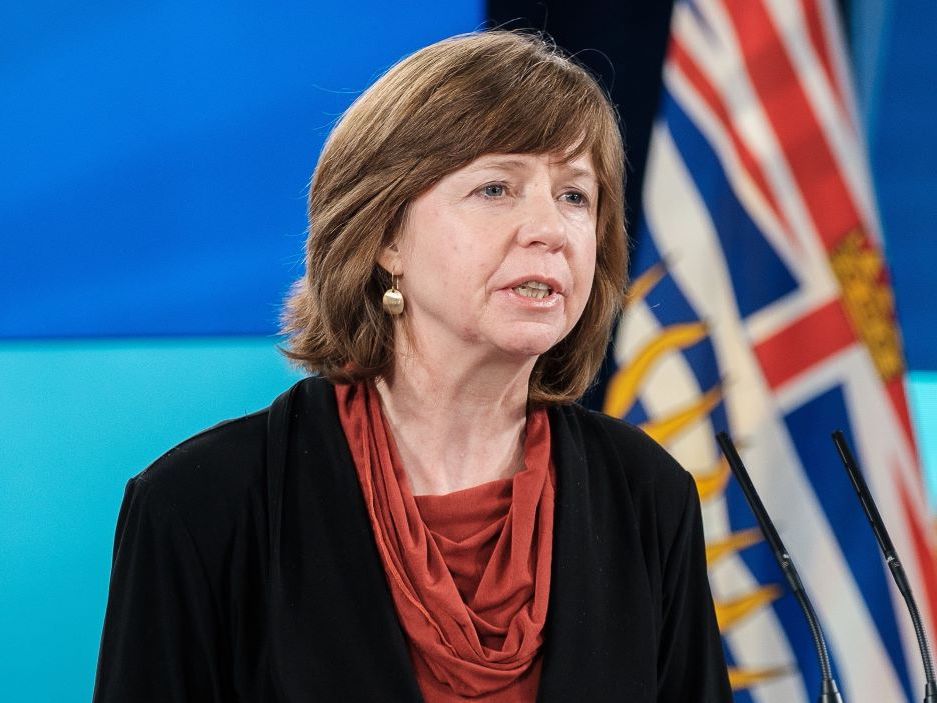The benefit for people with disabilities included in last week’s federal budget is too small and will leave too many people out, B.C. Minister of Social Development and Poverty Reduction Sheila Malcolmson said Monday.
“We were, along with everybody in the disability community, hoping for more,” Malcolmson said. “We’ll continue to echo the very strong voice of the disability community around getting people the support they need.”
Federal Finance Minister Chrystia Freeland’s budget included $6.1 billion over six years, then $1.4 billion annually, “to supplement provincial and territorial benefits” for some 600,000 working-age people with disabilities.
Starting in mid-2025 about $200 a month will be available to people who qualify for the disability tax credit that the Canada Revenue Agency administers. The budget includes money to cover the cost of medical forms people need to apply for the credit.
Advocates for people with disabilities expressed disappointment that the benefit will fail to provide enough support to raise people out of poverty and that the criteria are too restrictive.
In Canada there are 1.4 million disabled people living in poverty, according to the group Disability Without Poverty. That means fewer than half of the people who need the help will receive the new benefit.
The Toronto Star reported that Michael Prince, a University of Victoria professor and the chair of B.C. Crown corporation Community Living BC, called the benefit “a colossal failure” that made him decide to quit the federal disability advisory group he sat on.
Malcolmson said she was hoping the federal benefit would have a larger budget and broader scope and be easier to apply for.
“We weren’t pushing the federal government for a certain dollar figure, but we strongly encouraged them to have the criteria be as expansive [as possible] and to have the access be as seamless [as possible],” she said.
Groups including human rights organization Maytree had advocated streamlining eligibility requirements to match provincial programs and providing enough support to bring people up to the poverty line.
In B.C., a single person with a disability receives $17,802 a year, plus about $1,750 in other provincial and federal credits and benefits.
Depending on where the person lives in the province, that leaves them about $5,000 short of the poverty line. To determine the poverty line, both the federal and provincial governments use the market basket measure from Statistics Canada.
Malcolmson said now that the province knows what the federal program will look like, it can make decisions, including whether recipients of provincial disability payments will be allowed to keep the full federal benefit.
“We haven’t made that decision yet because we haven’t had the details of the program,” she said. Allowing people to keep the money would be consistent with how the government has treated other federal benefits, including payments made during the COVID-19 pandemic, she said. ![]()
Read more: Rights + Justice, Federal Politics, BC Politics

















Tyee Commenting Guidelines
Comments that violate guidelines risk being deleted, and violations may result in a temporary or permanent user ban. Maintain the spirit of good conversation to stay in the discussion and be patient with moderators. Comments are reviewed regularly but not in real time.
Do:
Do not: